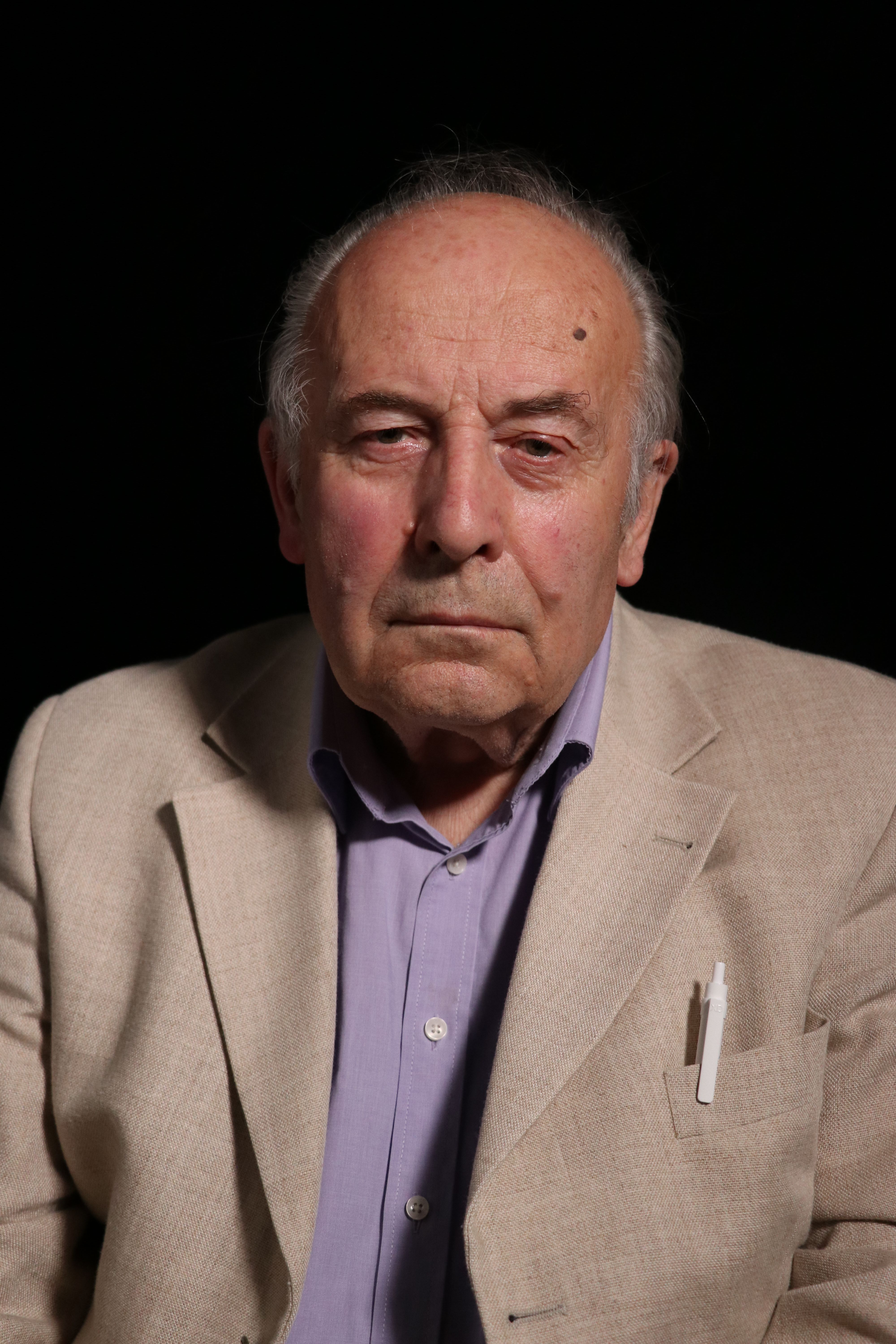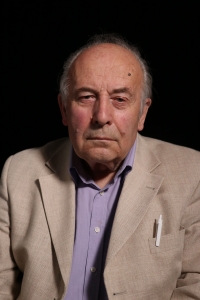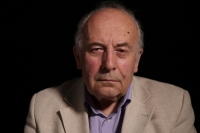Everyone had to watch them torture former Nazis on the Kravaře market square

Download image
Ewald Pechwitz was born on 25 December 1938 in Kravaře in Českolipsko (Graber in German), to the family of the locksmith engineer Enrst Pechwitz and his wife Hilde, who worked on the family farm until the wedding. He therefore grew up in an almost exclusively German language area. When the Czechs mobilised in 1938, their father and neighbours hid in the mill, and in November 1938 they left for the Wehrmacht. His father was a scout and was deployed in France, Ukraine, Romania and Russia among other places. At the end of the war he was captured by the Americans. After being released he had no knowledge of his family and travelled to find work. After the war, in the Kravaře square there was at least one public lynching of former members and officials of the NSDAP, and the whole town was forced to watch including little Ewald. The Pechwitz family were then caught up in the first wave of the so-called “Wild expulsion”. They had to pack up their things almost over night and with only hand-luggage they travelled with an escort of Czechoslovak soldiers to the camps in Saxony. After the bombing of Dresden the camps were overfilling, there wasn’t enough food, they slept on hay. In the end the family was placed close to Weimar. Their father found them there in March 1946, and moved the family to Bavaria where Ewald Pechwitz studied, started his own car repair shop, married and has a daughter. He already visited his birthplace of Kravaře during the previous regime. To this day he goes back and is learning Czech. He is happy that the current owners are taking good care of the house of his birth and he is in friendly contact with them.

